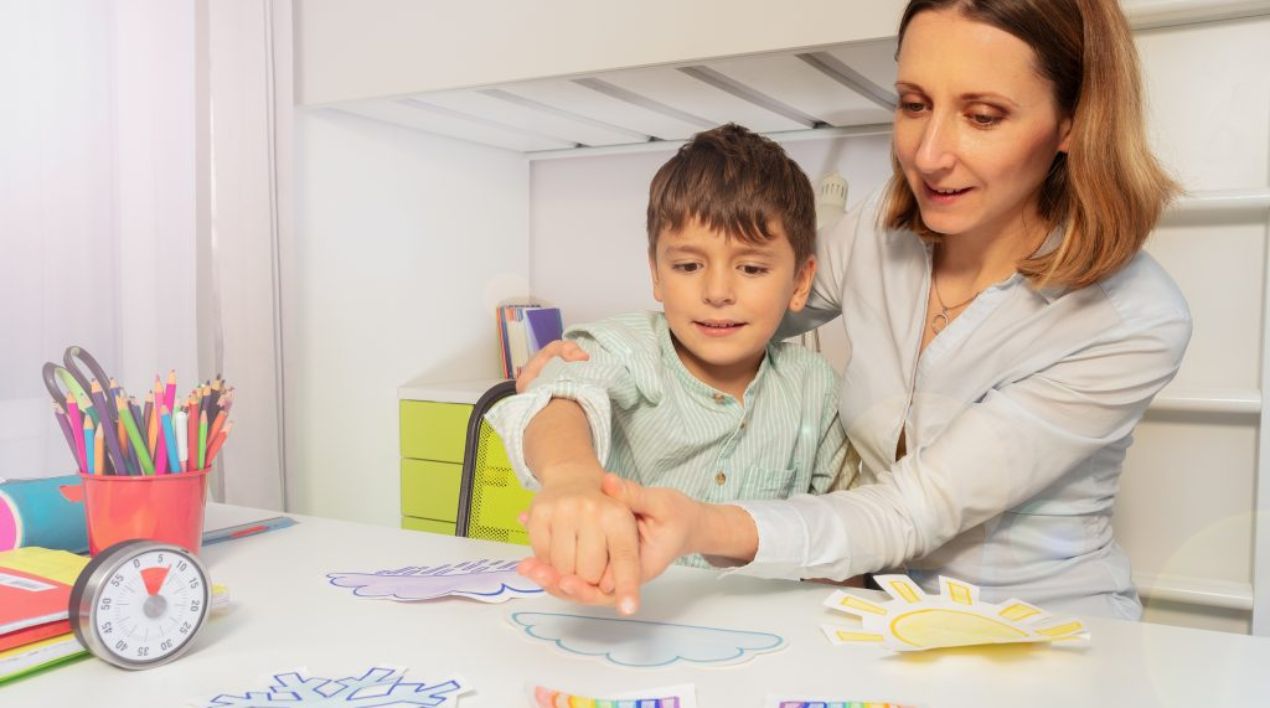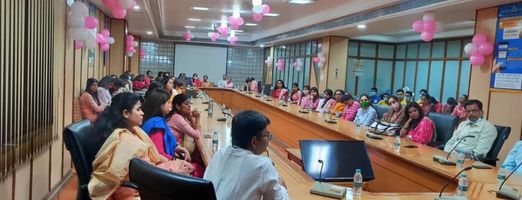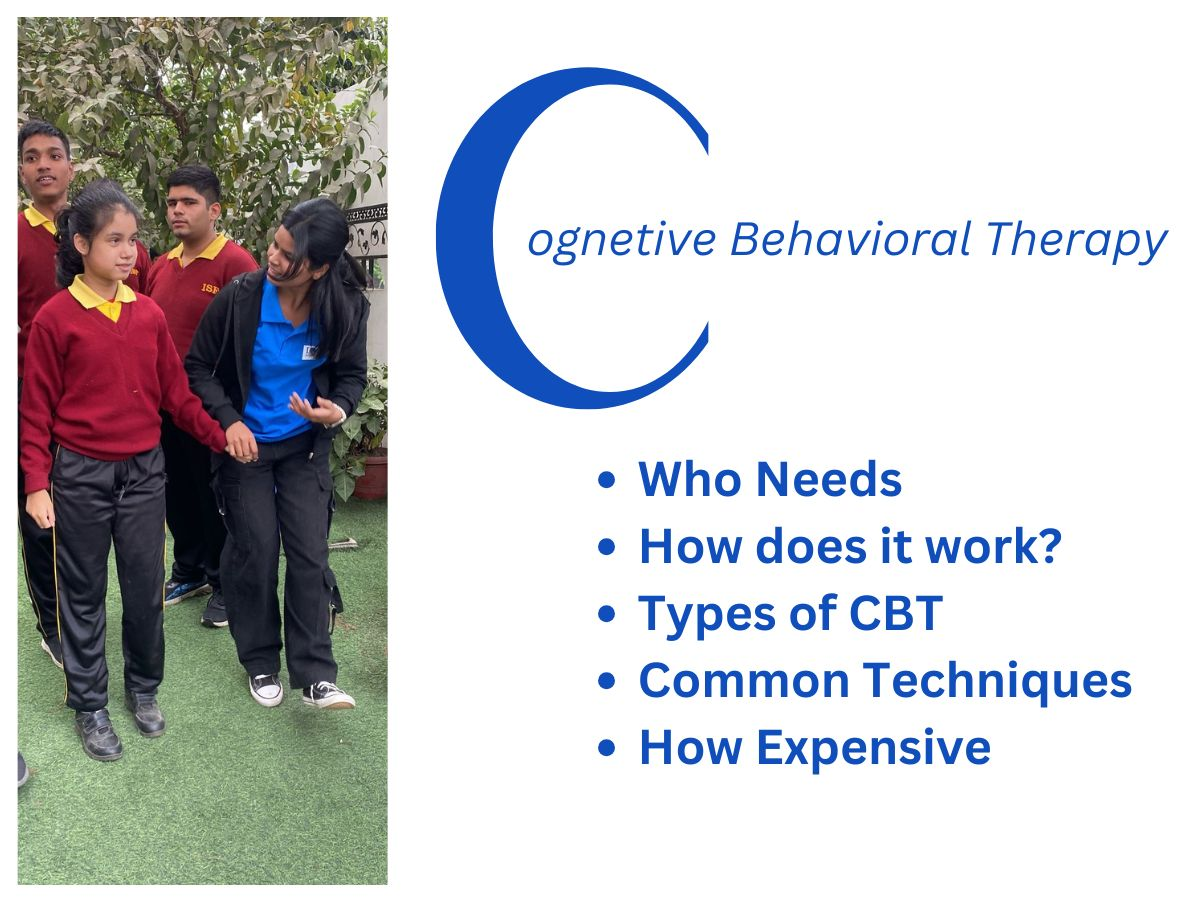Shadow teachers are co-teaching educators who assist and monitor a particular student's progress in the classroom. They frequently serve special-needs children in an inclusive school. In a regular classroom, they sit with the child and ensure that the child receives social, educational, and physical support. The objective is to ensure that they enable these children to function independently in a mainstream classroom and assist them in eventually joining one. Lead teachers are unable to pluralize instruction to meet the needs of individual students, particularly in classrooms. These could be kids who have problems with their behavior, development, or learning.The child with special needs is taken care of by shadow teachers, who bridge this gap.
Imagine everyday tasks suddenly becoming difficult. Maybe an injury makes it hard to reach for things, or a health problem affects your ability to cook a meal. Occupational therapy (OT) can help! It gives you the tools to live your life more fully. There's a growing need for these types of services in Lucknow. Luckily, they are becoming more accessible.
Understanding Occupational Therapy
Occupational therapy helps individuals perform everyday tasks despite physical, mental, or developmental challenges. It emphasizes meaningful activities, improving overall well-being and independence.
The Core Principles
OT is personalized and collaborative. It tailors goals and treatment plans to individual needs and ensures meaningful participation in life’s activities.
Conditions Treated
OT helps with physical disabilities (stroke, arthritis), neurological conditions (Parkinson’s, MS), mental health (depression, anxiety), and developmental delays in children.
Benefits
Expect improved independence, reduced reliance on caregivers, and a better quality of life. OT empowers individuals to regain control over their daily routines.
Finding Services in Lucknow
OT is available across hospitals, clinics, rehab centers, and private practices in Lucknow. Consider both public and private options depending on your needs and budget.
What to Expect in an OT Session
Initial Evaluation
The OT assesses your current abilities and challenges using interviews and physical assessments. Goals are discussed and defined together.
Personalized Treatment Plan
A structured plan is developed collaboratively, targeting key areas for improvement using tailored strategies and exercises.
Common Interventions
- Adaptive equipment training – Learning tools that ease daily tasks.
- Home modifications – Enhancements for better accessibility.
- Therapeutic exercises – For strength, coordination, and flexibility.
- Sensory integration therapy – Managing sensory processing difficulties.
Support Across All Ages
For Children
Pediatric OT addresses developmental delays, autism, cerebral palsy, and more. It supports skills like handwriting, play, and social interaction.
For Adults and Seniors
OT helps with recovery post-injury, pain management, chronic conditions, fall prevention, and maintaining independence through aging.
Affording OT in Lucknow
Insurance Options
Many health plans offer OT coverage. It’s best to check with your provider for the exact benefits available.
Low-Cost Access
Look into NGOs, community health centers, or university-run clinics offering free or reduced-rate services.
Conclusion
Occupational therapy can transform lives by restoring independence and enhancing day-to-day function. Whether recovering from illness or managing lifelong challenges, OT services in Lucknow can support your journey to a better life.














